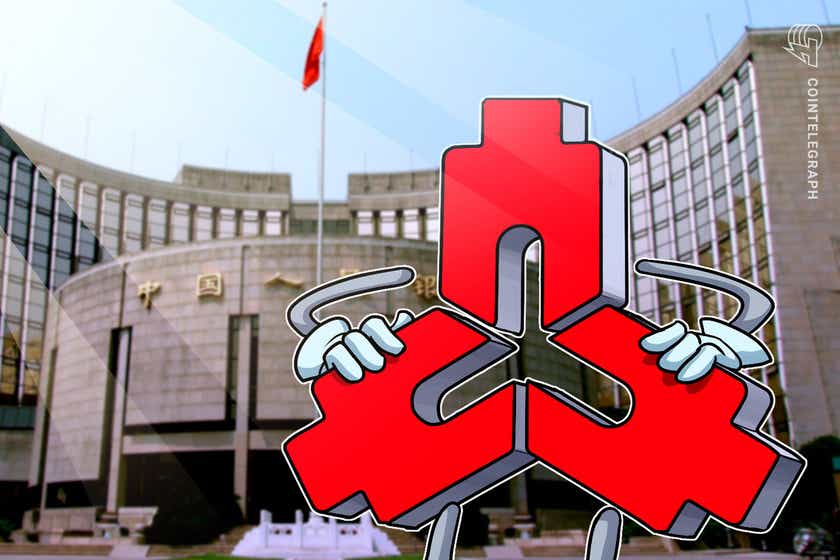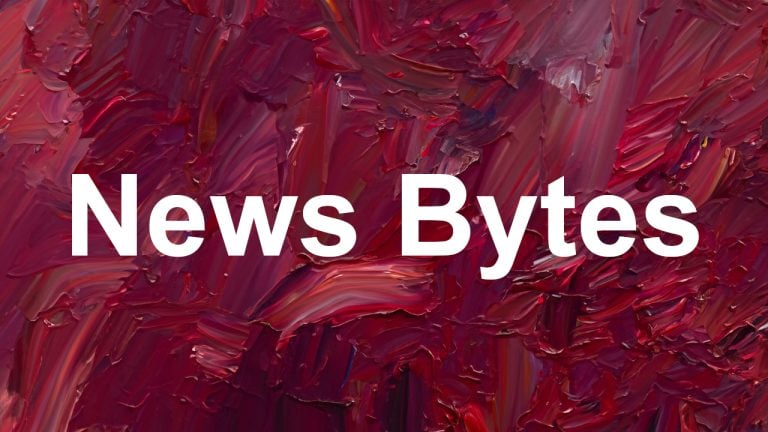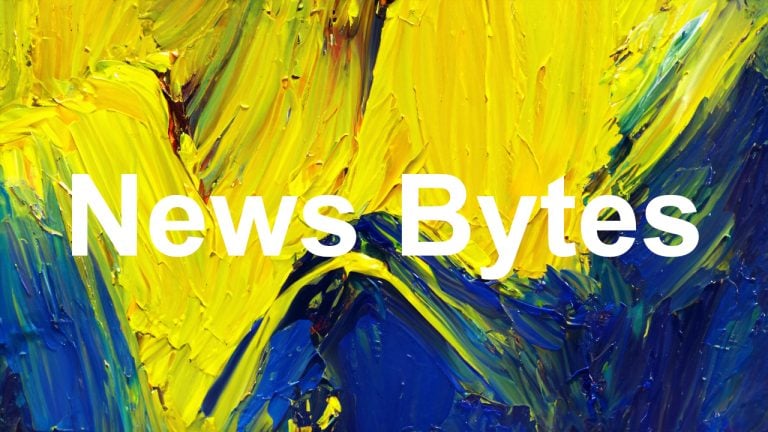China’s central bank proposes to monitor metaverse and NFTs

The metaverse and NFTs are in the crosshairs of the People’s Bank of China, which wants to track the with Anti-Money Laundering tools.
China’s crackdown on crypto is expanding into the metaverse and nonfungible tokens (NFTs), an executive at the People’s Bank of China (PBoC) recently implied.
Speaking at a national financial security summit, Gou Wenjun, the director of the Anti-Money Laundering (AML) unit at the PBoC, pointed to the risks associated with leaving the new trends of the crypto ecosystem like NFTs and metaverse unregulated. He claimed that, while people would use said virtual assets for privacy and wealth appreciation, they are also prone to be used for illicit purposes like money laundering and tax evasion.
The fast-paced innovation of the crypto world requires higher requirements in terms of risk supervision and governance, said the AML head, adding that the isolated nature of crypto, NFT and metaverse-based items from the real world can be used as a money-laundering tool.
Suggesting an objective look at the evolution of virtual assets and the development of underlying technologies, Gou proposed to “clarify the division of supervisory responsibilities, improve the transparency of virtual assets, and explore the use of supervisory sandboxes to study and judge the essence and nature of virtual assets.”
As the second step, Gou said China should strengthen the monitoring and analysis of virtual asset transactions. Banks and payment services that provide fiat-to-crypto gateways should authenticate senders and receivers with real names while improving the ability to identify suspicious transactions, he proposed.
Related: Crypto’s impact on sanctions: Are regulators’ concerns justified?
The PBoC official suggested improving the application of new technologies and establishing a virtual asset transaction traceability and scene tracking system. Said system would apply artificial intelligence, machine learning and other technologies to label accounts that transact with probed addresses.
Lastly, Gou is open to improving cooperation between financial intelligence agencies worldwide to form an international joint force to fight crypto-related crimes. “The Anti-Money Laundering Center will continue to deepen information sharing and co-investigation cooperation with 60 overseas financial intelligence agencies,” he added.









